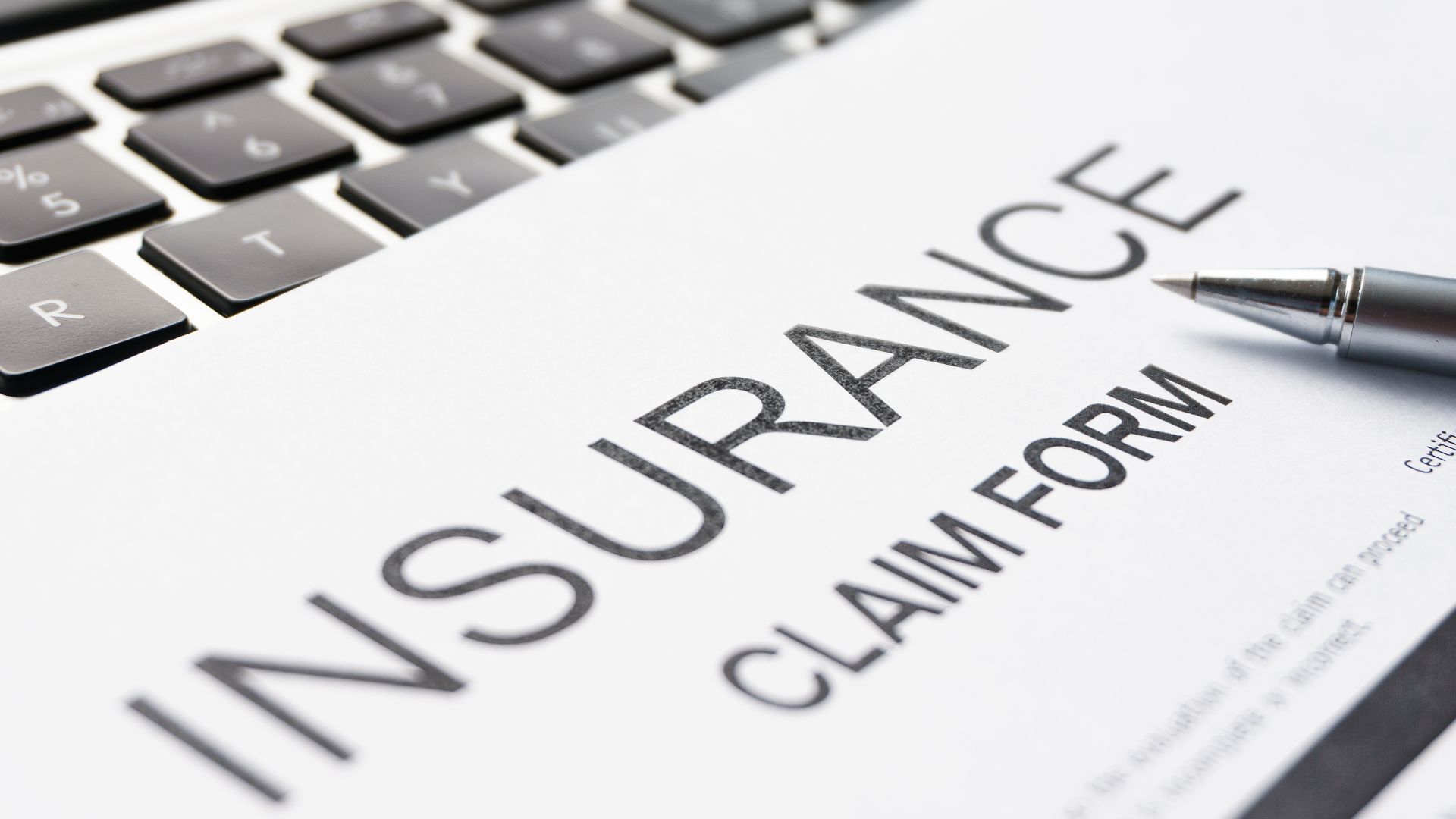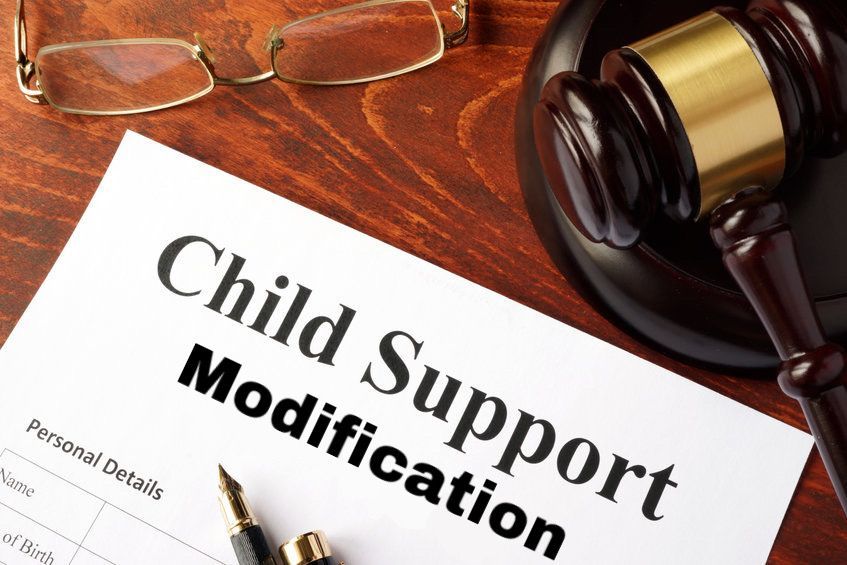Key Factors to Evaluate When Comparing Insurance Settlement Offers for Maximum Compensation
Comparing insurance settlement offers can be the difference between full recovery and leaving entitled compensation on the table. Evaluating what you should consider when comparing settlement offers from insurance companies requires a clear understanding of damages, liability, policy coverage, negotiation tactics, legal representation, fairness criteria, and next steps. In this guide, Seasoned Rhode Island Attorneys at
itwlaw.com
outline the main types of damages, fault principles, policy limits, negotiation strategies, the role of legal counsel, fairness assessments, and post‐offer actions you need to secure maximum compensation.
What Are the Main Types of Damages to Consider in Insurance Settlements?
Main damage categories define the scope of your claim by quantifying losses that insurers must cover to achieve full compensation. Recognizing economic losses, intangible harms, future medical costs, income reduction, and property damage ensures a comprehensive evaluation. For example, combining medical bills with projected therapy costs will yield a more accurate demand for maximum recovery.
Before diving into each category, the following table organizes core damage types by how they’re measured and why they matter:
| Damage Type | Calculation Method | Purpose |
|---|---|---|
| Economic Damages | Sum of medical invoices, payroll records, and repair estimates | Reimburse actual financial losses |
| Non-Economic Damages | Multiplier of economic damages based on severity | Compensate for pain, suffering, and distress |
| Future Medical Expenses | Expert-projected treatment costs and therapy estimates | Cover ongoing care and long-term needs |
| Lost Wages & Earning Capacity | Employer statements, tax records, vocational evaluations | Restore income and career prospects |
| Property Damage | Appraisal or repair shop estimates | Rebuild or replace damaged assets |
Each category requires precise quantification and documentation to justify a higher settlement, laying the foundation for detailed analysis in the following sections.
How Are Economic Damages Calculated and Documented?
Economic damages are calculated by totaling verifiable monetary losses to ensure accurate reimbursement for past and present expenses. This category covers direct costs from medical treatment and financial setbacks caused by the injury.
Key elements include:
- Medical expenses documented with itemized provider bills
- Lost wages proven by pay stubs and employer letters
- Out-of-pocket costs validated through receipts for transportation and equipment
Thorough documentation of these components strengthens your claim and prepares you to quantify non-economic harms.
Calculating Economic Damages in Personal Injury Cases
Economic damages in personal injury lawsuits represent quantifiable financial losses, encompassing past and future medical expenses, lost wages, and diminished earning capacity. These damages are precisely calculated by totaling verifiable monetary losses, such as itemized medical bills, payroll records, and property repair estimates. Estimates for future losses are typically discounted to their present value to ensure accurate compensation.
This information aligns with the article's detailed explanation of how economic damages are calculated and documented, emphasizing the need for precise quantification of direct financial losses.
What Counts as Non-Economic Damages Like Pain and Suffering?
Non-economic damages account for intangible harms such as physical pain, emotional distress, and loss of enjoyment, ensuring compensation beyond direct expenses. Insurers typically apply a multiplier to economic losses, reflecting injury severity, treatment complexity, and impact on daily life.
Common non-economic categories include:
- Physical pain and suffering from documented injuries
- Emotional distress, such as anxiety or depression
- Loss of consortium or enjoyment of hobbies and relationships
Valuing these losses accurately bridges the gap between actual costs and holistic recovery.
How Do Future Medical Expenses Impact Settlement Value?
Future medical expenses project long-term care costs to safeguard ongoing recovery, such as anticipated surgeries or rehabilitation. These projections rely on medical expert opinions and detailed treatment plans.
| Type of Care | Projected Cost | Justification |
|---|---|---|
| Physical therapy | $15,000 over 2 years | Therapist reports and session estimates |
| Orthopedic surgery | $40,000 | Surgeon’s treatment forecast |
| Home health assistance | $12,000 annually | Chronic care plan by a physician |
Accurate forecasting of future care ensures your settlement fully covers anticipated medical needs and prevents out-of-pocket burdens later.
Why are lost Wages and Earning Capacity Important in Settlements?
Lost wages and diminished earning capacity restore your financial stability by compensating for income you cannot earn. Calculating these losses requires employer documentation and, if necessary, vocational evaluations.
Key considerations:
- Past lost wages confirmed by payroll records
- Reduced future earning capacity supported by vocational experts
- Retraining costs if injury alters career trajectory
Quantifying both current and future income losses protects your long-term financial health and underpins a demand for maximum compensation.
How Is Property Damage Assessed in Insurance Claims?

Property damage is assessed by estimating repair or replacement costs using professional appraisals or repair shop quotes. Whether it’s a totaled vehicle or damaged personal belongings, accurate valuation secures proper reimbursement.
Assessment steps include:
- Obtaining written repair estimates or fair market valuations
- Documenting pre-loss condition through photographs and receipts
- Including rental or replacement costs for essential items
Comprehensive proof of property loss ensures insurers cover full restoration or replacement expenses.
How Does Liability and Fault Affect Your Insurance Settlement Offer?
Liability allocation determines insurer responsibility and directly influences compensation. When fault is shared, comparative or contributory negligence rules can reduce or bar recovery, so proving responsibility is crucial to maximize your offer.
What Is Comparative and Contributory Negligence?
Comparative negligence apportions fault by percentage, reducing your award by your share of responsibility, while contributory negligence may bar recovery if you bear any fault. In Rhode Island, pure comparative negligence allows recovery regardless of your percentage of fault, making precise fault analysis essential to preserve claim value.
How Is Liability Proven and Supported by Evidence?
Liability is established through documented proof demonstrating fault, such as:
- Official accident or police reports
- Eyewitness statements and video recordings
- Photographs of the scene and vehicle damage
- Expert reconstructions of the incident
Strong evidence anchors fault assignments and limits insurers’ ability to lowball your claim.
How Does Liability Influence the Final Settlement Amount?
When liability is shared, insurers reduce compensation by your percentage of fault. For example, a $100,000 claim would drop to $70,000 if you’re deemed 30% at fault. Clear evidence and legal argumentation help minimize your assigned fault and preserve maximum settlement value.
What Role Do Insurance Policy Limits and Coverage Play in Settlement Offers?
Policy limits define the maximum payout an insurer must provide, while coverage types establish which losses are compensable. Understanding these caps and options ensures you demand the full available recovery.
| Coverage Type | Limit Description | Settlement Impact |
|---|---|---|
| Bodily Injury Per Person | $50,000 | Caps individual injury recovery |
| Bodily Injury Per Accident | $100,000 | Limits total payout for multiple claimants |
| Uninsured/Underinsured Motorist (UM/UIM) | Equal to BI limits | Provides protection when the other party lacks coverage |
| Property Damage Only | $25,000 | Restricts vehicle and property repair costs |
How Do Policy Limits Restrict Your Compensation?
Policy limits cap the insurer’s liability, preventing any award beyond the stated maximum per person or accident. When losses exceed these thresholds, you must seek additional resources or pursue litigation for unpaid balances.
What Is Underinsured and Uninsured Motorist Coverage?
UM/UIM coverage compensates for damages when the at-fault party has insufficient or no insurance. These protection steps cover shortfalls, ensuring you can recover losses up to your own policy limits when the other driver’s carrier can’t fully compensate you.
How Can Stacking Policies Affect Your Settlement?
Stacking combines coverage from multiple policies—for example, two household vehicles each carrying UM/UIM—to multiply available limits. This approach can significantly increase recovery potential when a single policy limit is insufficient to cover all damages.
What Are Effective Negotiation Strategies for Maximizing Insurance Settlements?
Strategic negotiation transforms a low initial offer into a comprehensive settlement by leveraging evidence, timing, and formal demands. Well-prepared responses send a strong message that you understand your claim’s true value.
How Should You Respond to Initial Settlement Offers?
Initial offers are often conservative; respond with a documented counteroffer that:
- References itemized economic and non-economic damages
- Attaches supporting evidence and expert opinions
- Sets a realistic but firm settlement figure
This structured reply reframes discussions toward full compensation.
What Is the Purpose of a Demand Letter in Negotiations?
A demand letter formally presents your case, outlining liability, documented losses, and the compensation you seek. It serves to:
- Clarify legal justifications and policy obligations
- Establish a firm timeline for insurer response
- Signal readiness to escalate unresolved disputes
Demand letters elevate negotiations and reduce insurer tactics that rely on uncertainty.
How Do You Deal with Insurance Adjusters and Their Tactics?
Adjusters commonly use delay, recorded statements, or lowball offers to weaken claims. Counter these tactics by:
- Declining recorded statements without counsel present
- Providing comprehensive documentation promptly
- Maintaining clear communication about deadlines and expectations
Consistent, professional engagement diminishes adjuster leverage.
When Is It Advisable to Reject a Settlement Offer?
Reject offers that:
- Fail to cover documented economic and non-economic damages
- Impose unreasonable release clauses or confidentiality requirements
- Represent an unsubstantiated valuation far below expert opinions
Declining such offers forces insurers to reassess liability and damages more accurately.
How Does Legal Representation Influence Your Insurance Settlement Outcome?
Hiring an attorney improves settlement value through expert negotiation, precise damage calculation, and protection against insurer tactics. Studies consistently show that represented claimants recover significantly more than self-represented individuals.
Research Indicates Hiring a Personal Injury Attorney Increases Settlement Amounts
Studies by the Insurance Research Council consistently demonstrate that personal injury victims who are represented by an attorney receive significantly higher settlements—often around 3.5 times more—than those who attempt to represent themselves. This financial advantage holds true even after accounting for attorney fees, highlighting the substantial benefit of legal counsel in personal injury claims.
What Are the Benefits of Hiring a Personal Injury Lawyer?
- Enhanced ability to document and quantify complex damages
- Access to medical and vocational experts for support
- Strategic management of negotiation and litigation timelines
- Protection against unfair insurer tactics and bad faith practices
These advantages combine to maximize your recovery and reduce stress during the claims process.
How Do Lawyers Help Accurately Calculate Damages?
Attorneys collaborate with medical specialists, economists, and vocational experts to:
- Project future medical and rehabilitation costs
- Assess diminished earning capacity with professional reports
- Value non-economic harms using recognized multiplier methods
This multi-disciplinary approach ensures every aspect of your loss is monetized.
When Should You Consult a Lawyer During the Settlement Process?
It’s advisable to seek counsel:
- Immediately after a serious injury or property loss
- Before responding to recorded statements or early offers
- When liability or damages become contested
- If policy limits or coverage questions arise
Early involvement preserves evidence and strengthens your position from the outset.
What Are Typical Attorney Fees and How Do They Affect Your Compensation?
Most personal injury attorneys work on a contingency basis, charging a percentage of the final recovery—commonly one-third. This arrangement:
- Aligns incentives between lawyer and client
- Eliminates upfront costs for clients
- Ensures professional motivation to maximize settlement
Even after fees, represented clients typically net substantially more than self-represented claimants.
How Do You Determine If an Insurance Settlement Offer Is Fair and Reasonable?

A fair settlement covers all documented damages within policy limits, reflecting liability and the quality of your evidence. Comparing the offer against your calculated claim value and expert opinions reveals whether it’s reasonable.
What Factors Indicate a Fair Settlement Offer?
- Coverage of all past and projected medical expenses
- Adequate compensation for pain, suffering, and emotional distress
- Restoration of lost wages and future earning capacity
- Full reimbursement for property damage with no hidden caps
When an offer aligns with these criteria, it warrants serious consideration.
How Can You Identify Red Flags in Settlement Offers?
- Unexplained discounts on documented losses
- Inserts of broad release clauses affecting future rights
- Absence of coverage for anticipated care or ongoing therapy
- Pressure tactics urging immediate acceptance
Spotting these warning signs protects you from inadequate resolutions.
What Are the Implications of Accepting a Settlement Offer?
Once accepted, settlement agreements typically bar any further claims related to the incident. This finality means:
- You forfeit rights to pursue future medical or property costs
- Confidentiality provisions may limit disclosure of details
- No additional payment is possible regardless of new evidence
Ensure the offer fully satisfies all current and potential future losses before signing.
What Are the Next Steps After Receiving an Insurance Settlement Offer?
After an insurer presents an offer, analyze its completeness against your documented damages, liability position, and policy limits. Deciding whether to negotiate further or accept requires methodical evaluation and, often, legal input.
When Should You Accept or Reject a Settlement Offer?
Accept when the offer fully compensates verified economic and non-economic losses within policy limits. Reject if it leaves significant uncovered expenses, imposes unfair terms, or undervalues long-term care needs.
How Can Expert Legal Advice Improve Your Settlement Outcome?
Seasoned Rhode Island Attorneys provide objective case evaluation, gauge the offer’s fairness, recommend negotiation adjustments, and prepare litigation risk assessments to strengthen your negotiating leverage.
What Documentation Should You Keep for Future Claims or Litigation?
Maintain organized records of:
- All medical and therapy invoices
- Pay stubs and tax records related to employment impact
- Photographs, appraisals, and repair estimates for property damage
- Correspondence with insurers, adjusters, and legal counsel
Comprehensive files support any subsequent legal action or additional claims.
Securing maximum compensation hinges on understanding each damage category, liability principles, policy constraints, effective negotiation tactics, and the impact of professional representation. By applying these insights and partnering with experienced counsel at itwlaw.com, you ensure that every aspect of your loss is evaluated and valued correctly. Take the next step by discussing your case with our Seasoned Rhode Island Attorneys to protect your rights and optimize your settlement.











